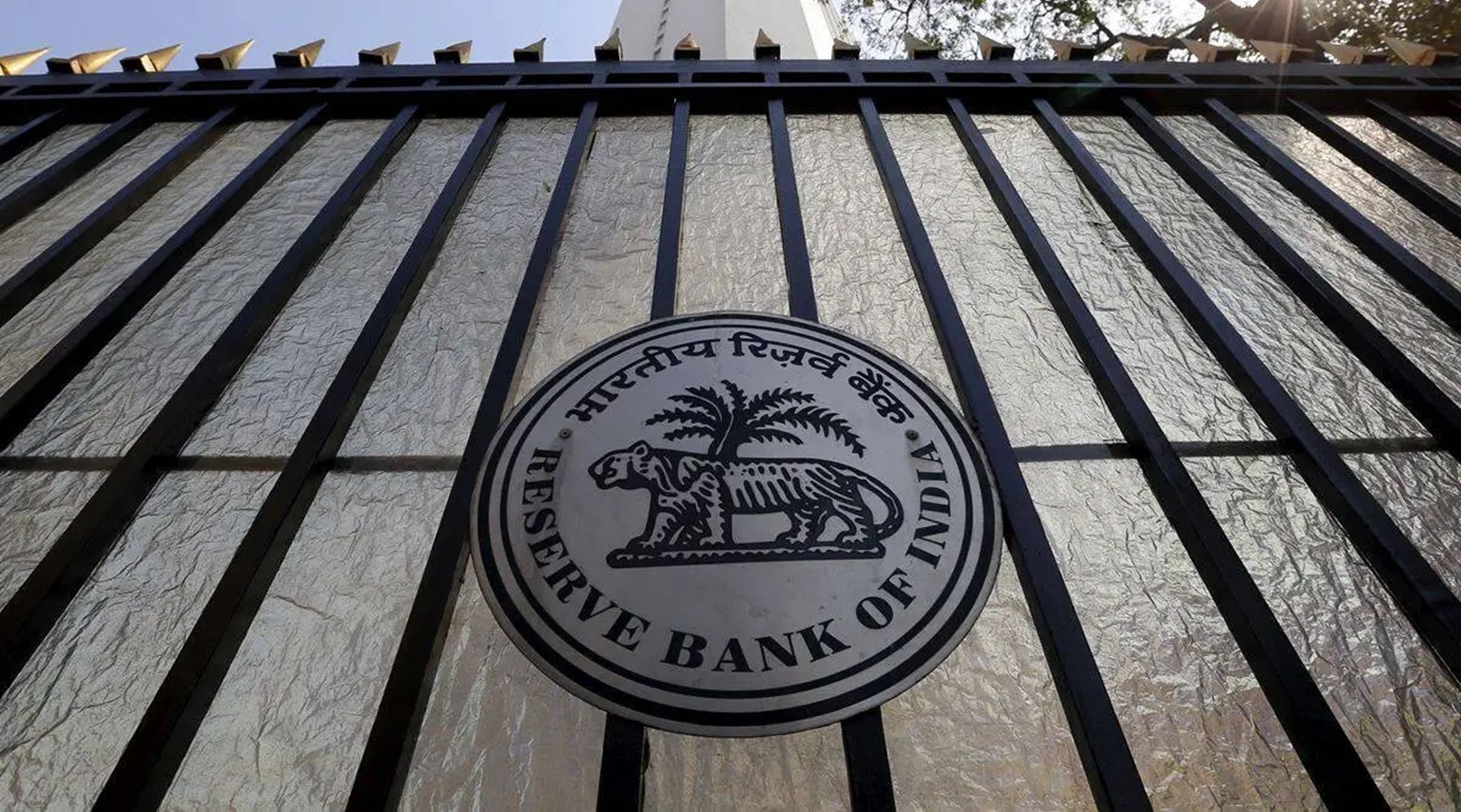Are They Worth The Hype? Here

Are They Worth The Hype? Here
While crash diets may seem like a quick fix for weight loss, they can be harmful to your health. It’s important to be aware of the hidden dangers of this oh-so-popular diet.

The desire for rapid weight loss often leads individuals to drastic measures like crash diets, which involve drastically reducing calorie intake. In the pursuit of that picture-perfect figure, individuals often overlook the potential risks associated with crash diets, exposing themselves to a range of health hazards. While crash diets may seem like a quick fix for weight loss, they can be harmful to your health. However, the initial results may be satisfying, but it’s important to be aware of the hidden dangers of this popular diet.
ARE CRASH DIETS A GOOD IDEA FOR WEIGHT LOSS?
- Nutritional Deficiencies: Crash diets often involve severe caloric restriction, leading to insufficient intake of essential nutrients. This deficiency can result in fatigue, weakness, and a compromised immune system. Additionally, inadequate levels of vitamins and minerals may manifest in issues such as hair loss and brittle nails.
- Metabolic Slowdown: Drastically reducing calorie intake signals the body to conserve energy, slowing metabolism. This adaptive response makes it easier to regain lost weight when normal eating patterns are resumed. The long-term consequence may be a less efficient metabolism in burning calories.
- Dehydration: The initial weight loss in crash diets is often water weight, leading to dehydration. This can cause dizziness, electrolyte imbalances, and strain on the kidneys. Once normal eating resumes, the lost water weight tends to return, contributing to a cycle of weight fluctuation.
- Mental Health Impact: Crash diets can negatively affect mental health due to their restrictive nature. Feelings of deprivation and frustration can arise, fostering an unhealthy relationship with food. This, in turn, may contribute to the development of disordered eating patterns or worsen existing issues such as binge eating.
- Yo-Yo Dieting: Crash diets rarely lead to sustainable weight loss. Instead, they often result in a cycle of yo-yo dieting, where individuals repeatedly lose and regain weight. This pattern has been associated with adverse health outcomes, including an increased risk of cardiovascular issues and metabolic disorders.




